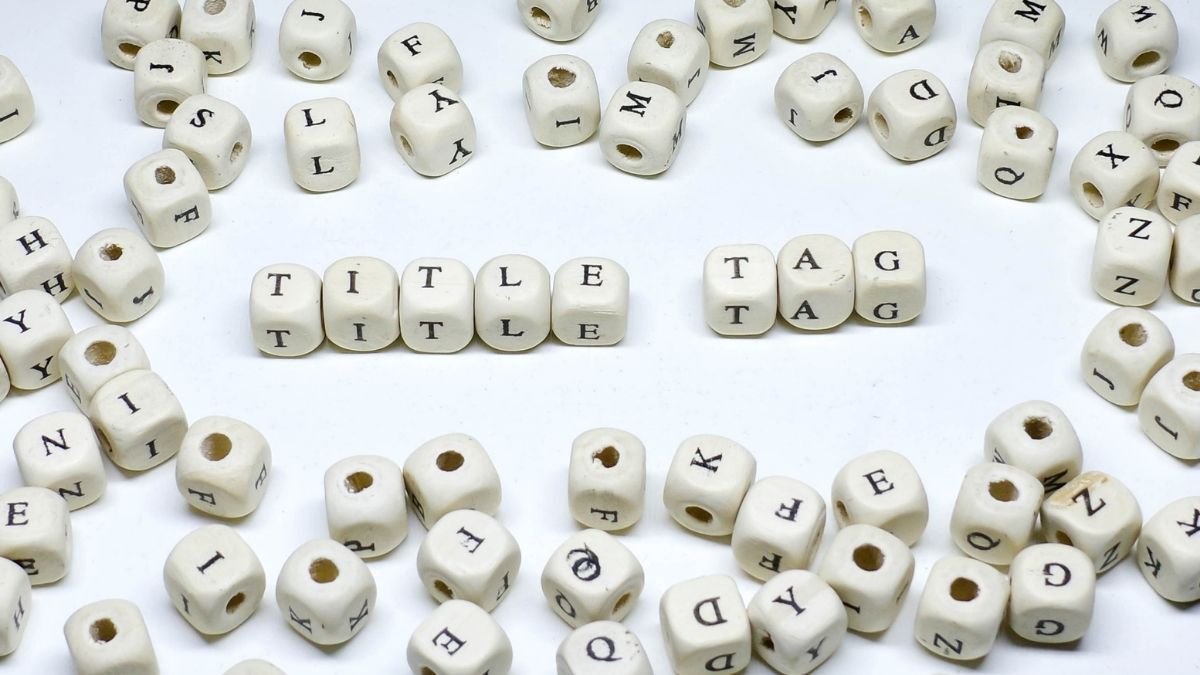
Google’s John Mueller answered the question of what algorithm factors are used to decide title tag rewrites during an Office-hours hangout. Mueller proposed a proactive approach to dealing with the title tag rewrite issue.
What Affects the Title Tag Algorithm?
The person who asked the question was curious about the factors that influenced Google’s algorithm to change title tags.
The following is a question about title tag rewrites:
“In the summer Google released an update in title generation for web pages. Could you tell us what factors this new algorithm decides which titles should be changed.
We tried using the new documentation on this but nothing seems to work.
The update affected some of our pages, most of the time it’s a category page, its title is cut and the brand domain name is added.
We’ve noticed some other sites in the search results have this problem at the same time.
We see that our main rival in the search results have the same titles they’ve been using since before the update.”
Read 4 Ways To Modernize Your Business.
Title Tag Rewrite Algorithm Factors
The individual requested title tag algorithm factors that influence when to rewrite title tags.
That information is already available in Google’s documentation on how the title tag rewrite algorithm works.
As a result, Mueller suggested reading it. Mueller mentioned this fact before moving on to offer advice on what that person should do if they are dissatisfied with how Google is rewriting their title tags.
The person who asked the question mentioned that it appeared to be happening with category pages, so the answer could be what Google refers to as “micro-boilerplate text in title> elements.”
In this context, boilerplate refers to content that is repeated, such as in a template. That is something that could occur on a category page, making it less descriptive of what is on the category web page.
It’s also possible that the existing title tag isn’t accurate, but rather a collection of keywords that the publisher wants to rank for.
A common title tag blunder is to use the title tag to seed it with keywords rather than to describe the web page.
John Mueller responded to the question:
“I think we have some information in the last blog post that we did about these title changes. I would definitely check that out.”
Title Tags Are No Longer Relative to Individual Queries
John Mueller shared an interesting insight: titles are no longer linked to individual queries.
Mueller continued his answer:
“One of the I think bigger changes here that happened is that the titles are no longer tied to the individual query.”
How to Repair Title Tags
Mueller then went over how to troubleshoot the title tag in order to find the best one.
Mueller advised:
“So it’s something that is really on a per page basis.
On the one hand this means that it doesn’t adapt kind of dynamically. So it’s a little bit easier to test.
On the other hand it also means that it’s easier for you to try different things out in the sense that you can change things on your pages and then you could use the submit to indexing tool and see what happens in Google search results, what does it look like now.
Because of that, it’s something where I would recommend if you’re seeing weird titles on your pages just to try different approaches out and see what works, what’s best for your website, for your kind of content and based on that to expand that to the rest of your website.
So that’s kind of the direction I would take there, to essentially just try it out and try different approaches out.
And because it’s really static on a per page basis, it is something that is a lot easier to experiment with a little bit and to see well what are the different options that I can do
here, how can I show my company name or my website’s name, how can I show the title that is relevant here and all of those different things.From that point of view, just try things out.”
Mueller continued his response by stating that Google does not target sites for title tag rewriting, addressing the part about how the competitor’s title tags aren’t rewritten.
How to Handle Title Tag Rewrites
Mueller did not elaborate on his statement that “titles are no longer tied to individual queries.” That could be a good question to ask him during next week’s office hours hangout.
He also said it’s fine to change the title tag and submit the URL via the search console to see if Google likes the changes.
Need help with our free SEO tools? Try our free Keyword Position, Keyword Density Checker, Keywords Suggestion Tool.
Learn more from SEO and read Google Isn’t Concerned With What’s In An Image.





One Comment